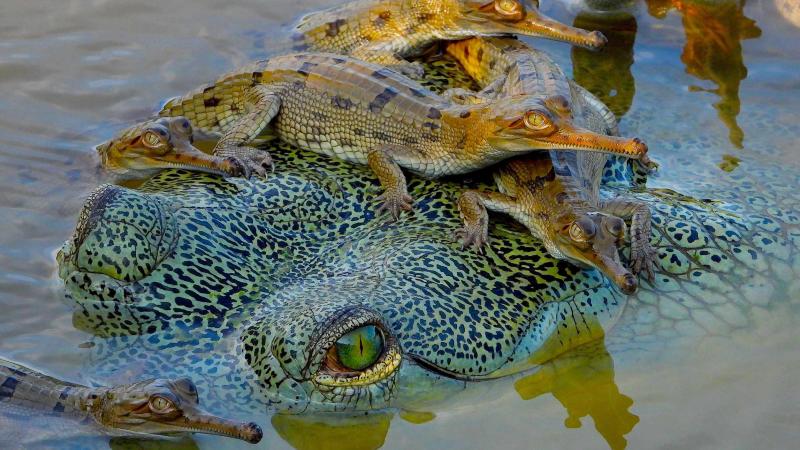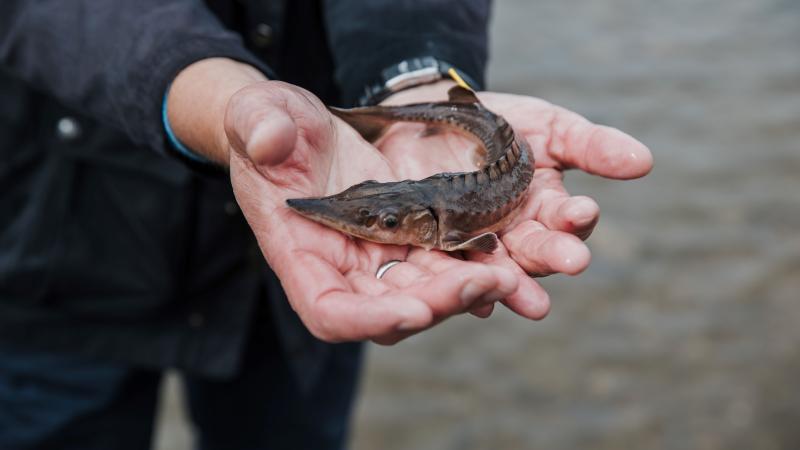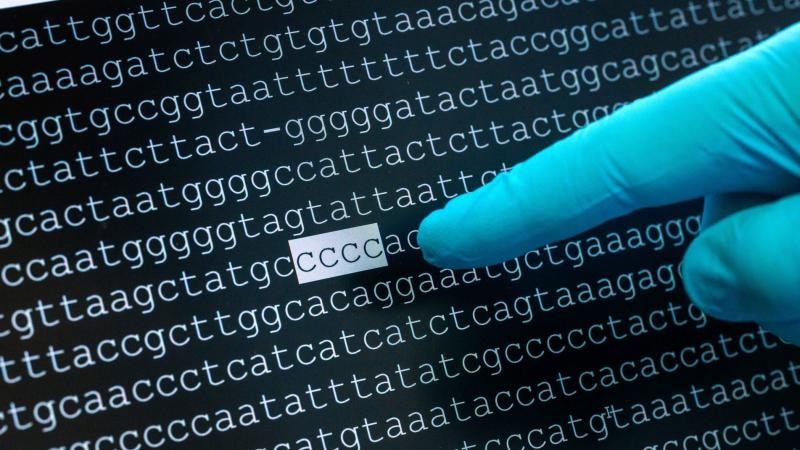
In the huge, ever-increasing amounts of data on the Internet, many insights into the living environment are hidden. Photo: shutterstock
Even though we often assume that our online enthusiasm alienates us from nature, the huge and ever-increasing amount of data on the Internet conceals a lot of knowledge about our living environment. All you have to do is lift the treasure: "In fact, this is not information that has been deliberately collected, but a welcome by-product of our constant need to google, twitter, blog, record our lives and basically stay in contact," explains Dr. Gregor Kalinkat.
Gregor Kalinkat was involved in the study under the leadership of Ivan Jarić from the Biology Centre of the Czech Academy of Sciences and Uri Roll from the Ben-Gurion University of the Negev in Israel. At the IGB, he is researching biodiversity in inland waters and sees many potential applications for iEcology: for example for biodiversity research and species protection or climate impact research.
Video series of cycling event provides information on climate change
The following examples from the current overview study demonstrate this assessment: An analysis of video images of the Tour-De-Flanders from the past 35 years enabled highlighting changes in leafing and blooming periods of the trees found in the background of the images, caused by climate change. Another study analyzed online photos (posted by internet users) of oxpecker birds and various herbivores they sit on, and this illuminated the interactions between these species groups. Another study shows: Exploring seasonal dynamics of when people search for particular species in Wikipedia can highlight true seasonal dynamics of species.
Dr. Ivan Jarić, the lead author of the new study, is very enthusiastic about the potential of iEcology: “We can now learn so much about where species reside, when they are active in different manners, and how they interact with each other and their environment. We do not see iEcology as a replacement to classical and highly important field ecology – rather as being complementary to it. There are huge amounts of data constantly accumulating with vast and varied potential, just waiting to be used.”
Gregor Kalinkat agrees: " iEcology can be used for cross-validation; this means that different novel methods are used to test each other. For example, the emergence of new invasive species could be monitored in parallel with image evaluation and DNA analysis.
One of iEcology's challenges is to effectively find the relevant data sources. After all, the needles in the haystack have to be found. There are no search algorithms for this – flair and diligence are required. "Opening up a new field of research is an exciting challenge. In a few years it will be quite normal in ecological research to use data from the Internet for scientific purposes," concludes Ivan Jarić.
Read the article open access in Trends in Ecology & Evolution lesen >





